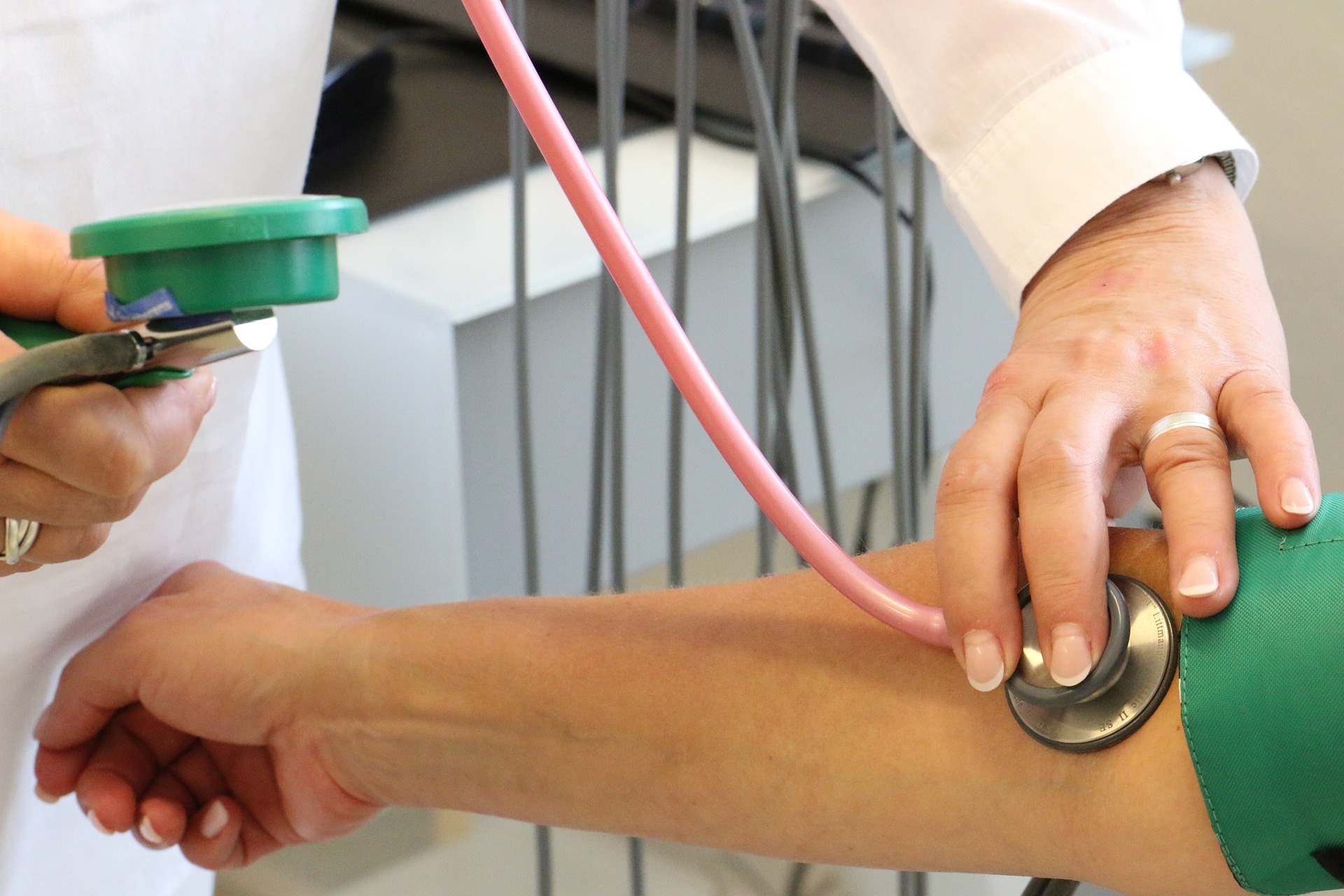Stay Updated with Kidney Disease Treatments Information
Kidney disease affects millions of people worldwide, causing progressive damage to these vital organs that filter waste from the blood. Understanding the latest treatment approaches and management techniques is crucial for both patients and their caregivers. As kidney disease often develops silently, staying informed about treatment options, preventive measures, and when to seek medical attention can significantly impact patient outcomes and quality of life. This article provides comprehensive information on contemporary kidney disease treatments, management strategies, and important considerations for those affected by or at risk of kidney conditions.
Understanding Common Kidney Diseases and Their Impact
Kidney diseases encompass a range of conditions that affect kidney structure and function. Chronic kidney disease (CKD) involves the gradual loss of kidney function over time, while acute kidney injury (AKI) refers to sudden kidney damage. Other common kidney conditions include glomerulonephritis (inflammation of the kidney’s filtering units), polycystic kidney disease (genetic disorder causing cyst growth), and diabetic nephropathy (kidney damage resulting from diabetes). Each condition presents unique challenges and requires specific treatment approaches. The kidneys’ role in filtering waste, regulating electrolytes, controlling blood pressure, and producing hormones means that kidney dysfunction can impact multiple body systems simultaneously, making comprehensive treatment essential.
Kidney Disease Treatments and Management Strategies
Treatment approaches for kidney disease vary based on the underlying cause and disease stage. For early stages, the focus typically centers on slowing progression through lifestyle modifications and managing underlying conditions like diabetes and hypertension. Dietary adjustments play a crucial role, with many patients benefiting from reduced sodium, protein, and potassium intake under professional guidance. Fluid management becomes increasingly important as the disease progresses. In advanced stages, renal replacement therapies may become necessary, including hemodialysis, peritoneal dialysis, or kidney transplantation. Non-dialysis conservative care is another approach for some patients, focusing on symptom management and quality of life rather than extending life through dialysis. Regular monitoring of kidney function through blood and urine tests helps healthcare providers adjust treatment plans as needed.
When to Visit a Doctor for Kidney Concerns
Recognizing the right time to seek medical attention can significantly impact kidney disease outcomes. Immediate medical evaluation is necessary if you experience symptoms like severe, sudden pain in the back or side, blood in urine, or significantly decreased urination. People with risk factors such as diabetes, hypertension, heart disease, obesity, or family history of kidney disease should undergo regular kidney function testing even without symptoms. Other warning signs warranting medical consultation include persistent swelling in the feet, ankles, or hands; unexplained fatigue; persistent itching; or foamy urine. For those already diagnosed with kidney disease, any new or worsening symptoms, significant weight changes, increased difficulty controlling blood pressure, or worsening laboratory results require prompt medical attention. Regular check-ups are essential for monitoring kidney health, particularly for high-risk individuals.
Do’s and Don’ts for Kidney Health Management
Managing kidney disease effectively involves following certain guidelines while avoiding potentially harmful practices.
Do’s:
-
Maintain consistent blood pressure and blood sugar control if you have hypertension or diabetes
-
Follow a kidney-friendly diet as recommended by healthcare providers
-
Stay adequately hydrated while following fluid guidelines if restricted
-
Exercise regularly with approval from your healthcare team
-
Attend all scheduled medical appointments and complete recommended tests
-
Keep a symptom diary to share with your healthcare team
Don’ts:
-
Don’t take over-the-counter pain medications regularly without medical guidance
-
Avoid excessive salt, processed foods, and high-potassium foods if restricted
-
Don’t miss dialysis appointments if you require this treatment
-
Avoid unverified supplements or herbal remedies without consulting your healthcare provider
-
Don’t smoke, as it worsens kidney and cardiovascular health
-
Avoid excessive alcohol consumption, which can raise blood pressure and worsen kidney function
Advancements in Kidney Disease Treatment
The field of nephrology continues to evolve with promising developments in kidney disease treatment. Innovations include improved dialysis technologies that offer more efficient waste removal and better quality of life for patients. Developments in transplantation include enhanced matching systems, better immunosuppressive regimens with fewer side effects, and advancements in living donor procedures. Research into regenerative medicine explores stem cell therapies and tissue engineering to potentially repair damaged kidneys. New diagnostic tools allow earlier detection of kidney damage, enabling intervention before significant progression occurs. Remote monitoring technologies help patients manage their condition while reducing hospital visits. Clinical trials are investigating targeted therapies for specific causes of kidney disease, moving toward more personalized treatment approaches. While many of these advancements are still evolving, they offer hope for improved outcomes in kidney disease management.
Nutritional Considerations for Kidney Disease Management
Nutrition plays a critical role in kidney disease management, with dietary needs varying based on the stage of disease and individual patient factors. In early stages, moderating protein intake helps reduce the workload on kidneys while ensuring adequate nutrition. Sodium restriction becomes important for blood pressure control and reducing fluid retention, typically limiting intake to 2,000 mg or less daily. Potassium and phosphorus restrictions may be necessary in advanced disease stages, requiring careful food selection and preparation methods. Adequate calorie intake prevents malnutrition, which can accelerate disease progression. Many patients benefit from working with a renal dietitian who can create personalized meal plans that balance nutritional needs with disease management. Meal planning strategies might include portion control techniques, food list guidelines, and recipe modifications. Regular nutritional assessments help adjust dietary recommendations as kidney function changes over time.
This article is for informational purposes only and should not be considered medical advice. Please consult a qualified healthcare professional for personalized guidance and treatment.





